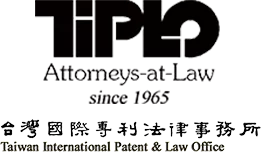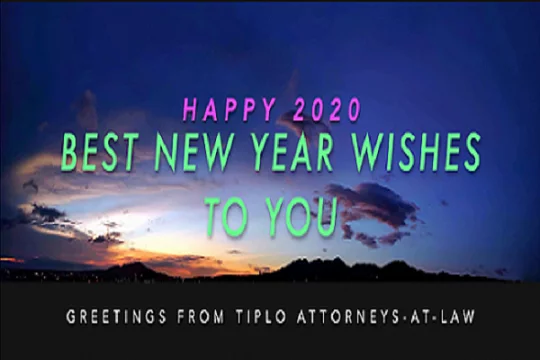Amendment to Partial Provisions of the Copyright Law Passed with an Insertion of Copy Protection Measures.
E040825Y3 Jun. 2004(E58)
The “Amendment to Partial Provisions of the Copyright Law” passed its third reading in the Legislative Yuan on August 24, 2004. In this Amendment, the regulation of copy protection is inserted to protect digital content and audio-visual industry which have been harassed by rampant illegal copy; in such protection scheme, copy prevention for literary works, burning prevention for music disc, and locking of on-line movies shall not be decoded without legal authorization; otherwise, imprisonment for not more than 1 year, detention, or in addition thereto, a fine not less than 20,000 and not more than 250,000 shall be imposed.
The U.S. is very much concerned about the progress and content of this Amendment. The US Chamber of Commerce especially talked with the president of the Legislative Yuan, Wang, Jin-Pyng days ago to urge a prompt resolution of this Amendment. The main targets of this Amendment include “suspension of release by the customs authorities,” “abolishment of the differentiation between reproduction with and without intent to profit,” “copy protection measures,” and “restriction on minimum penalty,” etc., which go with the U.S.’s anticipation and are expected to favor the conclusion of the Free Trade Agreement between the U.S. and Taiwan.
In this Amendment, the current penal provisions that specify the differentiation between reproduction with intent to profit and unpunishable reproduction without intent to profit, whose number of copies reproduced does not exceed five or the total amount of infringement calculated by market value of lawful copies of the work does not exceed NT$30,000, are abolished. It is now stipulated that a person who infringes on the economic rights of another person by means of reproducing the work without authorization shall be punished by imprisonment for not more than 3 years, and also that a person who infringes on the economic rights of another person by means of reproducing the work with intent to sell or rent shall be imprisoned not less than 6 months and not more than 5 years.
Besides, to avoid students’ unintentional and indiscreet copyright infringement as a result of their non-profit use of the information from the Internet and of copies, this Amendment provides that “the prosecutor and the judge shall rule whether to indict and to punish in terms of the amount of infringement and number of copies pursuant to the laws even if such use or copying exceeds fair use and thus constitutes infringement; in other words, the prosecutor and the judge have sufficient powers for the decision “not to indict and not to punish a minor crime.”
The amended provisions also provide that “A work only for personal reference or fair use of a work does not constitute infringement of copyright.” In response to this regulation, the Legislative Yuan passes an additional resolution requesting that the specialized copyright authority should assist the mediation between the user and the copyright holder in defining specifically “the scope of fair use of a work”, which includes copy in the library and for teaching, distance instruction by educational institutions, etc., and such mediation shall be completed by the end of 2004.
As to the “suspension of release by customs authorities,” the customs, in accordance with the current regulation, shall attach the suspect infringing goods upon the copyright holder’s application; however, in the amended provisions, when the customs, in the course of executing their duties, discover import/export goods that in appearance are obviously suspect of copyright infringement, the customs shall take measures to suspend the release of the goods after notifying the rights holder and the importer/exporter and after the goods have been determined to be suspect infringing goods. (2004.08)
CYJ/CCS














